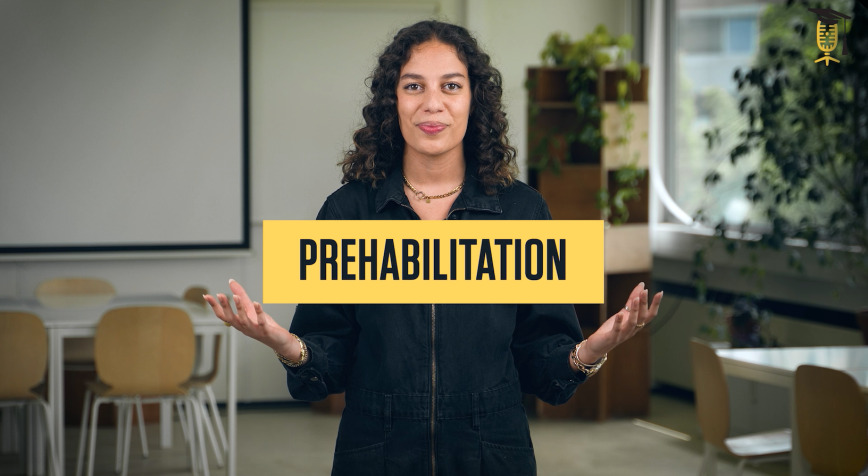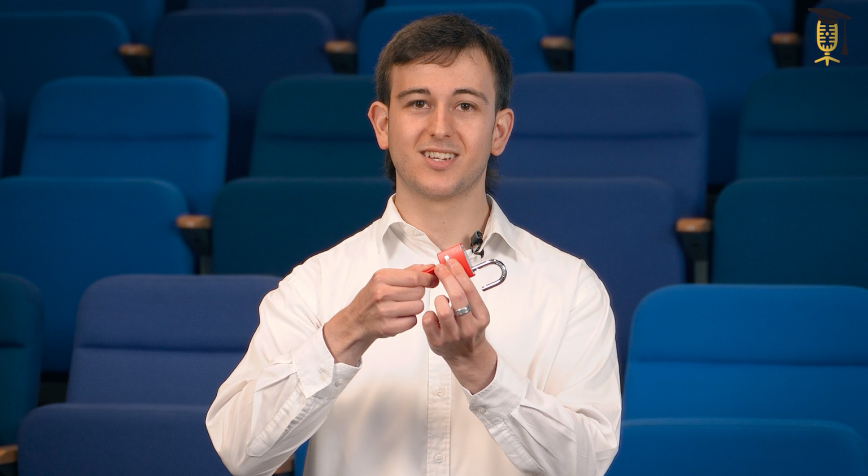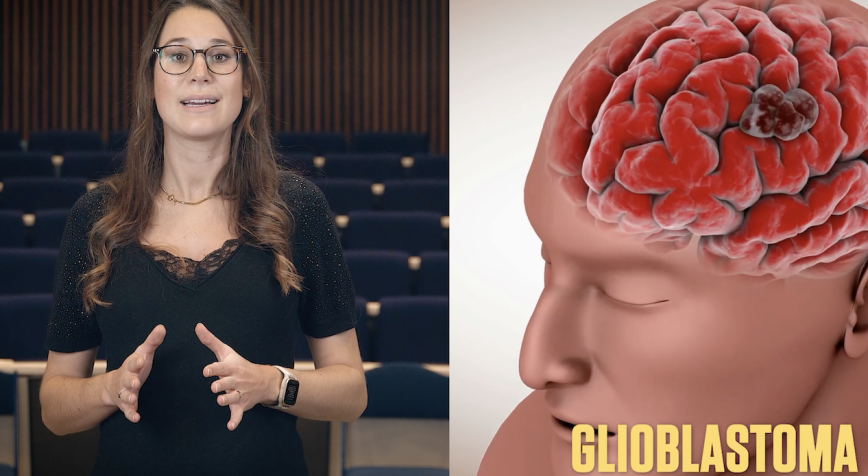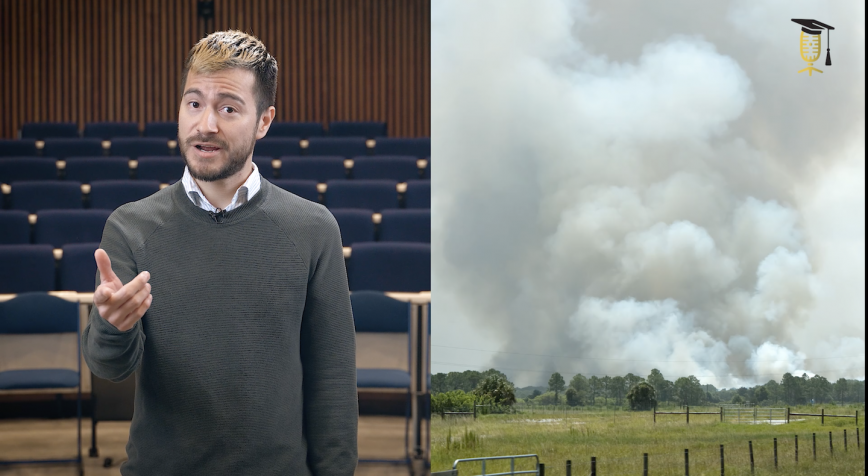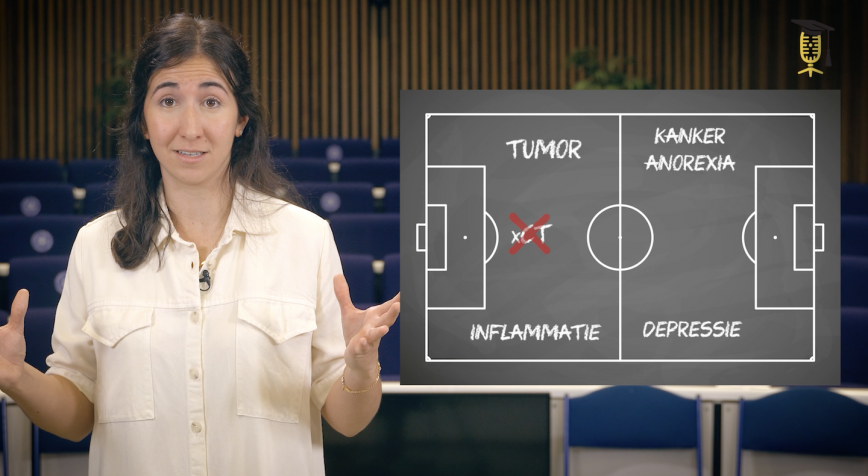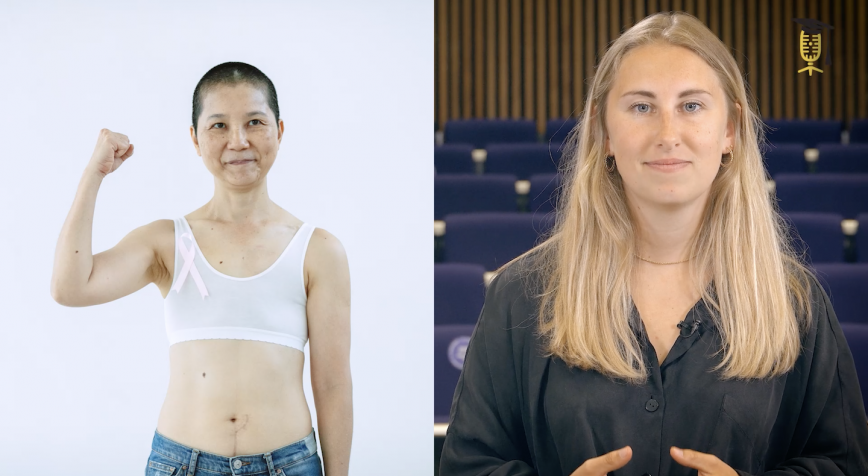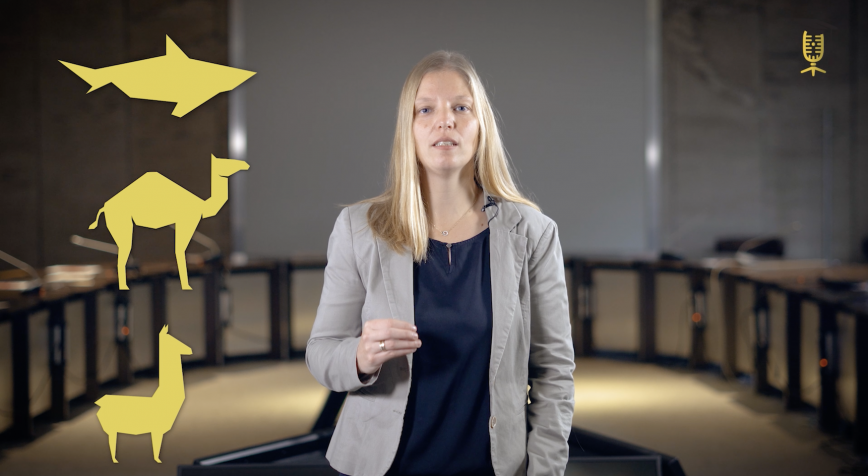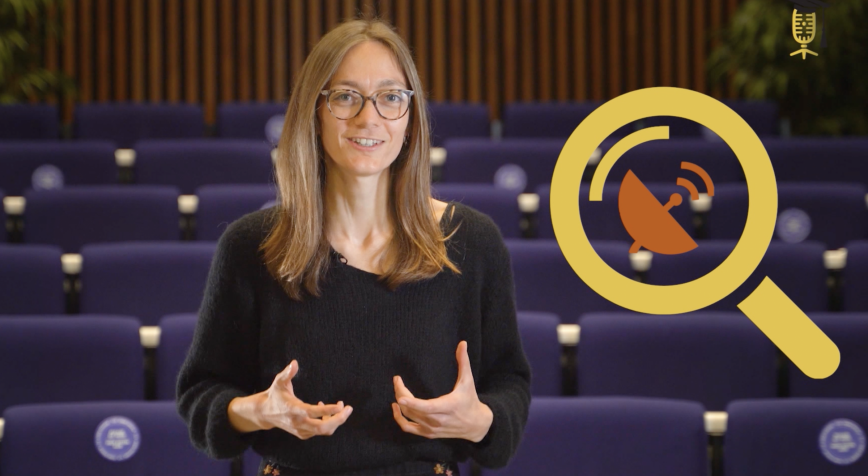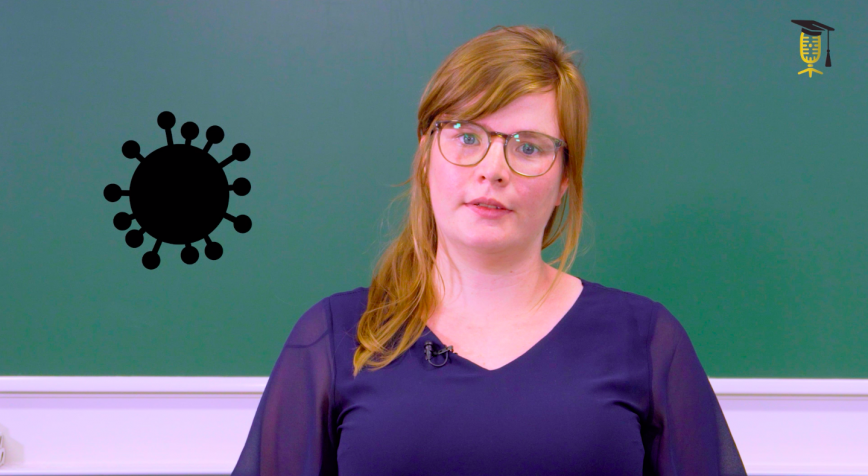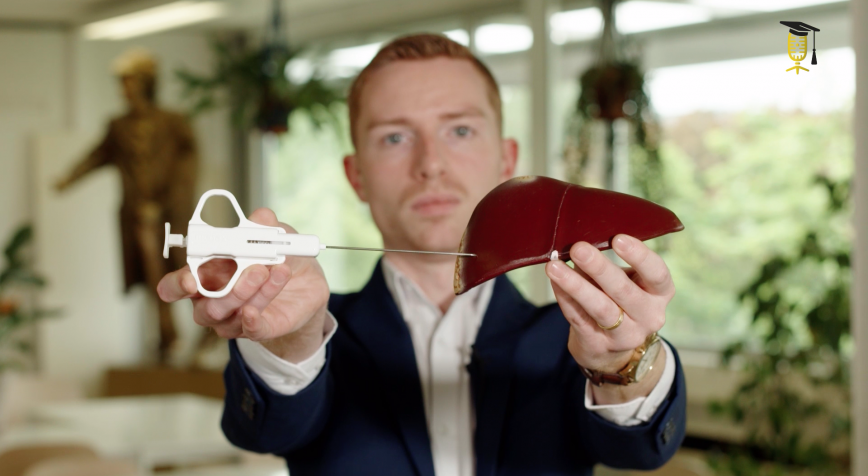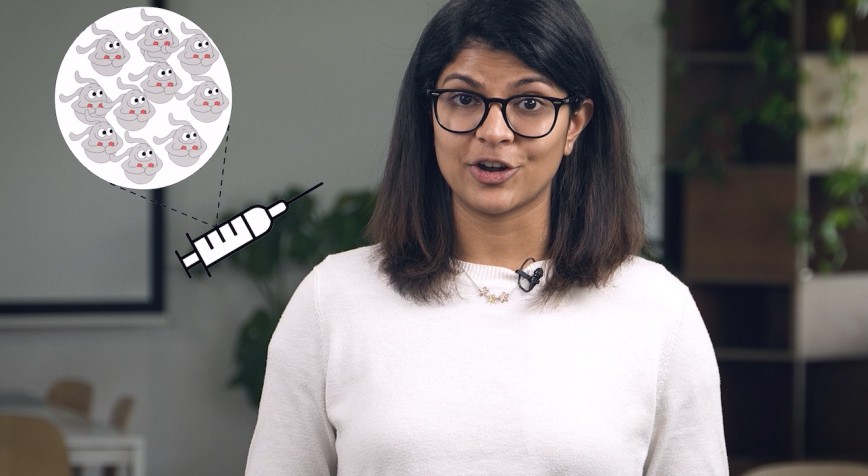
KU Leuven
VUB
Ovarian cancer: treating ourselves with our cells!
Every 3 minutes, a woman dies of ovarian cancer somewhere in the world. "Ovarian cancer is very sneaky. Most of the patients respond positively to the therapies initially provided to them, but eventually, the cancer comes back and is much more aggressive. As a result one in two ovarian cancer patients die within 5 years after diagnosis." But what if we were able to treat ovarian cancer with a new therapy using our cells?
